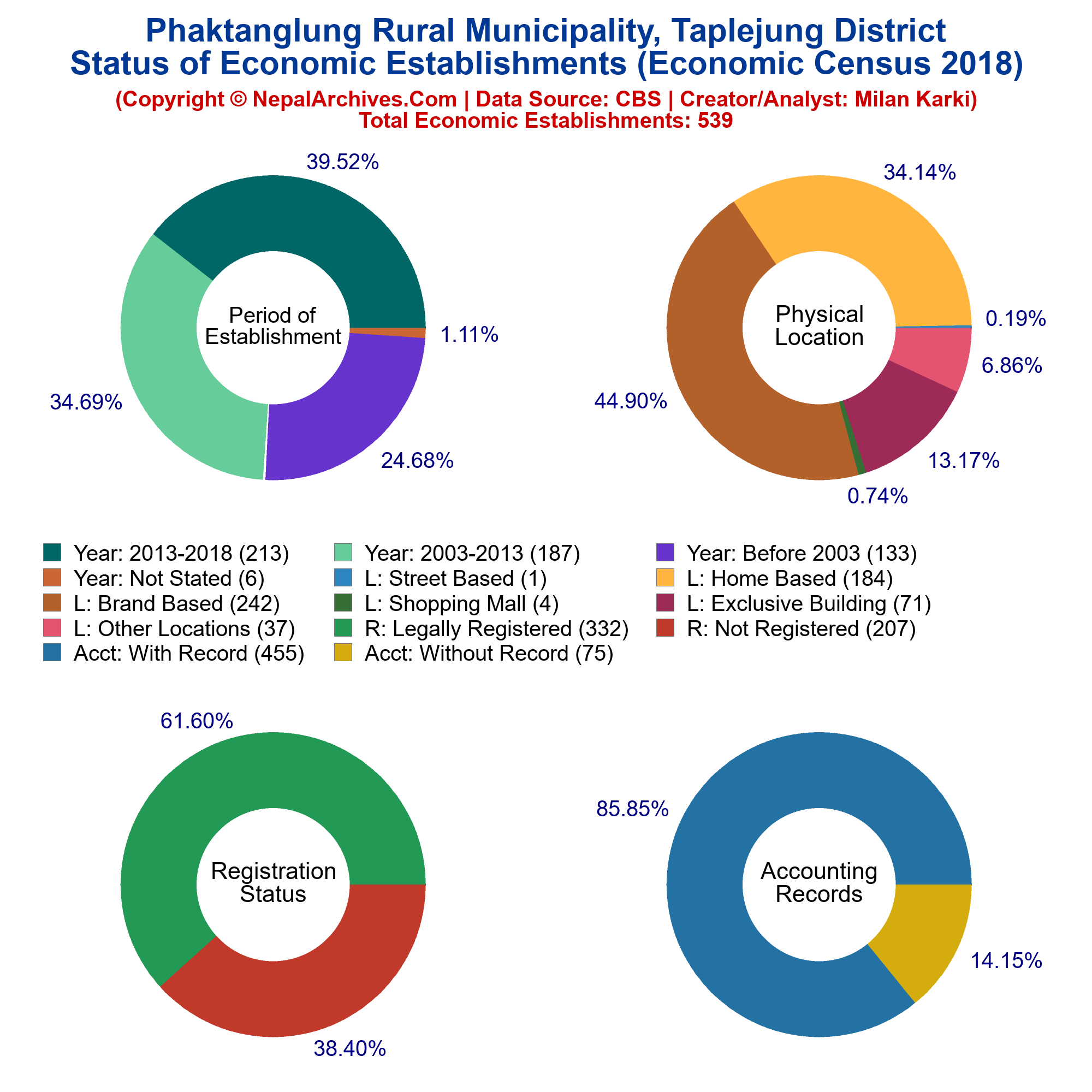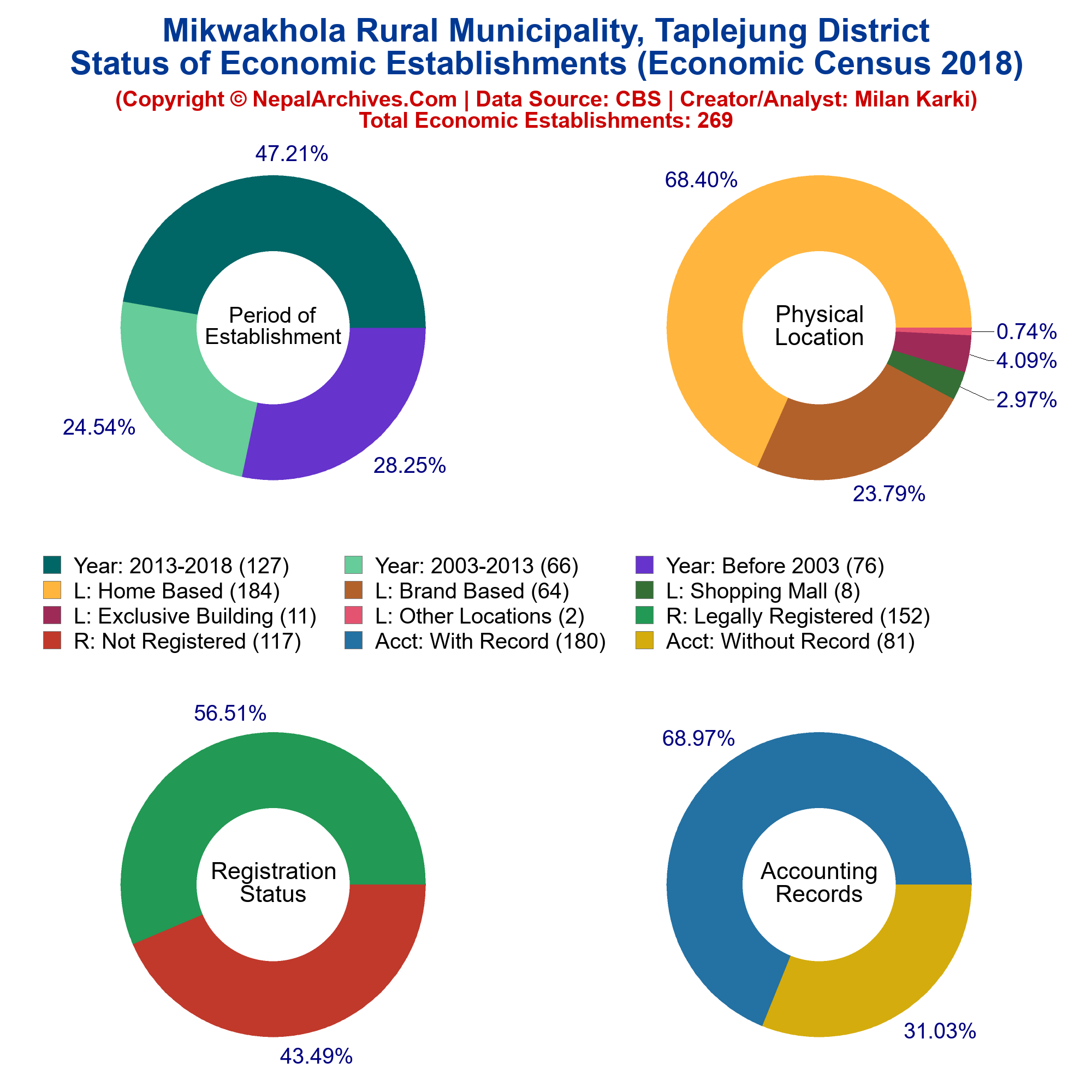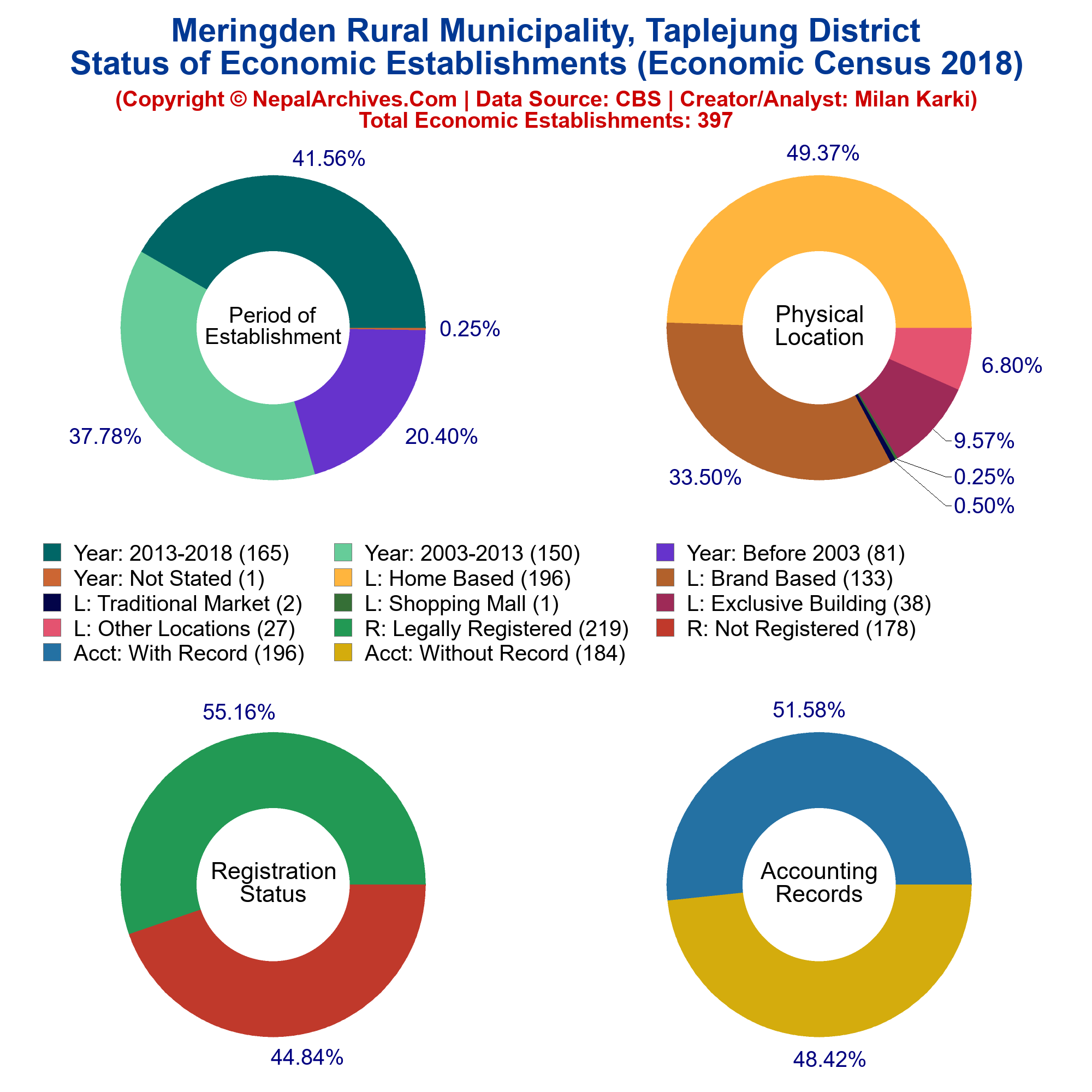Revenue Tribunal Act, 2031 (1974)
[vc_custom_heading text=”Revenue Tribunal Act, 2031 (1974)” use_theme_fonts=”yes” el_id=”revenue_tribunal_act,_2031_(1974)”][vc_column_text] Revenue Tribunal Act, 2031 (1974) Date of Authentication and Publication 2031.4.18 (2 Aug. 1974) Amendments 1. Revenue...
[vc_custom_heading text=”Revenue Tribunal Act, 2031 (1974)” use_theme_fonts=”yes” el_id=”revenue_tribunal_act,_2031_(1974)”][vc_column_text]
Revenue Tribunal Act, 2031 (1974)
Date of Authentication and Publication
2031.4.18 (2 Aug. 1974)
Amendments
1. Revenue Tribunal (First Amendment) Act,
2033(1976) 2033.4.10 (25 July 1976)
2. Revenue Tribunal (Second Amendment) Act,
2036(1979) 2036.6.11 (27 Sept 1979)
3. Administration of Justice Act, 2048 (1991) 2048.2.16 (30 May 1991)
4. Some Nepal Acts Amendment Act, 2048
(1992) 2049.1.8 (20 April 1992)
5. Judicial Management and Administration of
Justice Related Some Nepal Acts
(Amendment) Act, 2059 (2002) 2059.5.27 (12 Sept. 2002)
6. Republic Strengthening and Some Nepal
Laws Amendment Act, 2066 (2010) 2066.10.7 (21 Jan, 2010)
Act number 3 of the year 2059 (2002)
An Act made to reform provision of justice relating to revenue
Preamble: Whereas, it is expedient to make timely reform in the provision of
justice relating to revenue in order to maintain convenience and economic interests
of the general public;
Now, therefore, be it enacted by His Majesty King Birendra Bir Bikram Shah Dev
on the advice and with the consent of the Rastirya Panchayat[/vc_column_text][vc_custom_heading text=”1. Short Title, Extension And Commencement” use_theme_fonts=”yes” el_id=”1._short_title,_extension_and_commencement”][vc_column_text](1) This Act may be cited as the âRevenue Tribunal Act, 2031(1974)â.
(2) This Act shall extend throughout â¦.. Nepal.
(3) It shall come into force immediately[/vc_column_text][vc_custom_heading text=”2. Definition” use_theme_fonts=”yes” el_id=”2._definition”][vc_column_text]
2. Definition: Unless the subject or the context otherwise requires, in this Act, “tribunal” means the revenue tribunal established under Section 3.[/vc_column_text][vc_custom_heading text=”3. Establishment And Formation Of Tribunal” use_theme_fonts=”yes” el_id=”3._establishment_and_formation_of_tribunal”][vc_column_text](1) The revenue tribunals established under the Revenue Tribunal Ordinance, 2030 (1973) shall be
deemed to have been established under this Act.
(2) The area and headquarters of each tribunal shall be as specified by the Government of Nepal from time to time, by a Notification in the Nepal Gazette.
(3)2 Each tribunal shall consist of the following members appointed
by the Government of Nepal:
(a) Law member,
(b) Revenue member, and
(c) Accounts member.
(4) 3 In making appointment pursuant to Sub-section (3), any office bearer in possession of the qualification pursuant to Section 4 may be designated as a member of any tribunal or more than one tribunal at the
same time.
(5) 4 The law member shall be the chairperson of the tribunal and, in his or her absence, the revenue member shall chair the tribunal.[/vc_column_text][vc_custom_heading text=”4. Qualifications For Being A Member Of Tribunal” use_theme_fonts=”yes” el_id=”4._qualifications_for_being_a_member_of_tribunal”][vc_column_text](b) For the revenue member, one who, having possessed at least
bachelorâs degree and has gained at least Seven years
of experience
in revenue administration,
(c) For the accounts member, one who, having possessed at least
bachelorâs degree and gained at least Seven years7
of experience in
revenue administration.[/vc_column_text][vc_custom_heading text=”5. Exercise Of Jurisdiction Of Tribunal” use_theme_fonts=”yes” el_id=”5.__exercise_of_jurisdiction_of_tribunal”][vc_column_text](1) The Three members shall collectively exercise the jurisdiction of the tribunal. Majority opinion shall
be deemed to be a decision of the tribunal.
(2) Notwithstanding anything contained in Sub-section (1), if two members including the law member are present, cases may be tried and disposed of. Other actions except deciding a case or issuing a final order
may be taken if two members other than the law member are present.
Nothing shall preclude the law member from taking proceeding other than making judgment on a case or a final order.
(3) If unanimity is not made while trying and disposing of a case in presence of two members pursuant to Sub-section (2), in the case of proceeding, it shall be taken in accordance with the opinion of the presiding
member, and in the case of judgment or final order, it shall be submitted to the absent member, and the opinion supported by him or her shall be deemed to be the opinion of the tribunal.
(4) If Three of the members have Three different opinions in trying or disposing of a case in presence of three members, the opinion of the chairperson shall prevail, and if in trying a case, the three members have
different opinions or if unanimity is not made while trying and disposing of a case in presence of two members pursuant to Sub-section (3) and there are three opinions upon submitting it to the absent member, a reference shall be made to the Court of Appeal,9 and the decision made by the division bench
of that court shall be final.[/vc_column_text][vc_custom_heading text=”6. Jurisdiction Of Tribunal” use_theme_fonts=”yes” el_id=”6._jurisdiction_of_tribunal”][vc_column_text](1) The jurisdiction of the tribunal to hear appeal and petition on a case relating to revenue shall be as mentioned in
this Act and the other prevailing Nepal law.
(2) In hearing an appeal pursuant to Sub-section (1), the tribunal
shall have the following powers:
(a) To finally dispose of the case,
(b) To remand the case to the office or authority that has
disposed of the case originally to try and dispose the
matter within the reasonable period as specified by it
and setting out the main matters to be disposed of in
the case, and maintaining the records,
(c) To uphold, reverse, or partially reverse the judgment
or order made by the office or authority that has
disposed of the case originally and to take such action
and decision as that lower office or authority is
empowered to take,
(d) To examine further evidence by itself and also cause
the lower office or authority to examine evidence,
(e) To exercise such powers including to summon the
presence of parties and witnesses, take their
depositions, examine evidence, order the submission
of documents and impose punishment as the court may
have pursuant to the prevailing Nepal law.[/vc_column_text][vc_custom_heading text=”7. Contempt Of Tribunal” use_theme_fonts=”yes” el_id=”7._contempt_of_tribunal”][vc_column_text]
7. Contempt of tribunal: The tribunal may take action on its contempt,
and if contempt of tribunal is proved, the tribunal may impose punishment
of imprisonment for a term not exceeding Two months or a fine of up to
Five Hundred Rupees or both.
Provided that, if the accused begs a pardon to the satisfaction of the
tribunal, the tribunal may pardon him or her or if the sentence has already
been fixed, pardon or mitigate the sentence[/vc_column_text][vc_custom_heading text=”8. Appeal To Lie In Supreme Court” use_theme_fonts=”yes” el_id=”8._appeal_to_lie_in_supreme_court”][vc_column_text]
8. Appeal to lie in Supreme Court: Only if the Supreme Court grants
leave to make appeal to it considering that the decision of the tribunal will
be reversed fully or partly because of a direct (clear) legal error on any of
the following questions, an appeal shall lie in the Supreme Court against a
judgment or final order of the tribunal:
(a) Question of jurisdiction,
(b) Question of having not examined the evidence that should have been
examined or having examined the evidence that should not have
been examined,
(c) Question of violation of the procedural law that must be followed,
(d)11 Question of serious legal error[/vc_column_text][vc_custom_heading text=”9. To Furnish Bail/security For Appeal And Time-limit” use_theme_fonts=”yes” el_id=”9._to_furnish_bail/security_for_appeal_and_time-limit”][vc_column_text](1)12 Notwithstanding anything contained in the prevailing law, in making an appeal to the tribunal or Court of Appeal13 under this Act, no appeal shall lie without furnishing a bail/security as follows:
(a) In the case of assessment of tax having been made, Fifty percent amount of the assessed tax, and in the
case of a fine imposed, the amount equal to the fine and in the case of both assessment of tax and
imposition of fine, Fifty percent amount of the assessed tax and the amount of fine has to be furnished
with or paid to the office specified by the officer who has made such assessment or imposed such fine,
(b) In the case of assessment of customs duty or excise duty having been made, the amount of the assessed
customs duty or excise duty, and in the case of a fine imposed, the amount equal to the fine and in the case
of both assessment of such duty and imposition of fine, both amounts have to be furnished with or paid to the
office specified by the officer who has made such assessment or imposed such fine.
(2)14â¦â¦â¦â¦â¦â¦â¦â¦â¦.
(3) If any goods taken in custody or confiscated in the course of trial and disposal of a case are perishable or the value of such goods may decrease owing to depreciation in the quality thereof, such goods shall be
auctioned in accordance with the prevailing Nepal law, the proceeds of auction shall be credited to the deposited account, and case disposed of based on the evidence. In the case of a motor vehicle or machinery, it may
be handed over to its owner upon taking a deposit, wealth bail or personal bail for its price.
(4)In filing an appeal to the tribunal under this Act, it has to be made within Thirty Five days after the date of knowledge of the decision made by the authority trying and disposing of the case originally or of the service of a notice thereof.[/vc_column_text][vc_custom_heading text=”10. Transfer Of Cases Yet To Be Disposed Of” use_theme_fonts=”yes” el_id=”10._transfer_of_cases_yet_to_be_disposed_of”][vc_column_text](1) The cases and petitions filed in the income tax court but yet to be disposed of at the time of commencement of the Revenue Tribunal Ordinance, 2030 shall be transferred to the Regional Court. The cases and petitions which have been filed with the Zonal Commissioner or Chief District Officer or Zonal Court in accordance with the then prevailing Nepal law at the time of commencement of the Revenue Tribunal Ordinance, 2030 but which are to
be tried by this tribunal pursuant to this Act shall be transferred to the tribunal and the provisions of Section 8 shall apply to those cases and petitions[/vc_column_text][vc_custom_heading text=”11. Cases Decided Prior To The Issuance Of The Revenue Tribunalâ ordinance, 2030″ use_theme_fonts=”yes” el_id=”11._cases_decided_prior_to_the_issuance_of_the_revenue_tribunalâ ordinance,_2030″][vc_column_text]
11. Cases decided prior to the issuance of the Revenue Tribunal Ordinance, 2030: Until the previous day of the commencement of the Revenue Tribunal Ordinance, 2030, and in accordance with the then prevailing Nepal law:
(a) if a judgment or final order has been so made by the Zonal Commissioner, Chief District Officer, tax officers or prescribed authorities that appeal against such a judgment or order may be made to the income tax court, appeal shall lie to the Regional Court within the time-limit set forth in the prevailing Nepal law;
(b) if a judgment or final order has been so made by chief of customs office, excise duty officers, tax officers or prescribed authorities that appeal against such a judgment or order can be made to the income
tax court, Zonal Commissioner, Chief District Officer or Zonal Court but appeal thereon is to be made to the tribunal pursuant to this Act, appeal shall lie to the tribunal within the time-limit set forth in the prevailing Nepal law.[/vc_column_text][vc_custom_heading text=”12. Power To Inspect And Direct” use_theme_fonts=”yes” el_id=”12._power_to_inspect_and_direct”][vc_column_text]
12. Power to inspect and direct: In relation to cases falling under its jurisdiction, the tribunal may inspect the customs offices, excise-duty offices, tax offices and other revenue related offices trying such cases originally or obtain necessary details from them or give direction to them[/vc_column_text][vc_custom_heading text=”13. Jurisdiction Of Land Administrator To Try And Settle Casesâ originally” use_theme_fonts=”yes” el_id=”13._jurisdiction_of_land_administrator_to_try_and_settle_casesâ originally”][vc_column_text](1) The land administrator shall have jurisdiction to try and settle originally the following cases within his or her area:
(a) Concealment of land or land tax,
(b) Relating to land revenue,
(c) Reinstatement and dismissal of Jimidar, Talukdar,
Patuwari,
(d) Relating to once obsolete but re-cultivable land (marta
parta bhai ukas bhayeko Jagga),
(e) Recent cultivation and easement relating thereto,
(f) Relating to amount to be paid by virtue of possession
of the land,
(g) Matter of recovery of loss of contract relating to land
administration office, and
(h) Such other matters relating to land administration
office as specified by the Government of Nepal by a
Notification in the Nepal Gazette.
(2)15An appeal may be made to the Court of Appeal against a
decision made by the land administrator under Sub-section (1) within
Thirty Five days.
(3) The terms “land administrator or land administration office”
contained in this Section shall mean the chief of revenue office or revenue
office, respectively, in a place where the Land Administration Act, 2024 is
not applicable.[/vc_column_text][vc_custom_heading text=”14. Powers Of Adjudicating Office Or Authority” use_theme_fonts=”yes” el_id=”14._powers_of_adjudicating_office_or_authority”][vc_column_text]
14. Powers of adjudicating office or authority: The offices or authorities trying and settling originally the cases under Section 13 and the cases appealable to the tribunal shall have such powers including to summon parties and witnesses, take depositions of them, examine evidence, order the production of documents and impose punishment as the court has pursuant to the prevailing Nepal law[/vc_column_text][vc_custom_heading text=”15. Power To Frame Rules” use_theme_fonts=”yes” el_id=”15._power_to_frame_rules”][vc_column_text]
15. Power to frame Rules: The Government may frame Rules in order to implement the objectives of this Act, and such Rules shall be enforced by publishing them in the Nepal Gazette[/vc_column_text][vc_custom_heading text=”16. Power To Remove Difficulties” use_theme_fonts=”yes” el_id=”16._power_to_remove_difficulties”][vc_column_text]
16. Power to remove difficulties: If there arises any difficulties with the implementation of this Act, the Government may, by a Notification in the Nepal Gazette, issue necessary orders to remove such difficulties and such
orders shall be deemed to be contained in this Act.[/vc_column_text][vc_custom_heading text=”17. Repeal And Amendment” use_theme_fonts=”yes” el_id=”17._repeal_and_amendment”][vc_column_text]
17. Repeal and amendment:
(1) The Income and Tax Justice Management Act, 2016 and Income and Tax Court Rules, 2025 are hereby repealed.
(2) The Acts set down in the schedule are amended as set down in
the schedule.
[/vc_column_text][vc_custom_heading text=”18. Effect Of Inoperativeness Of The Revenue Tribunal Ordinance,â â 2030(1973)” use_theme_fonts=”yes” el_id=”18._effect_of_inoperativeness_of_the_revenue_tribunal_ordinance,â â 2030(1973)”][vc_column_text]
18. Effect of inoperativeness of the Revenue Tribunal Ordinance, 2030(1973): With the Revenue Tribunal Ordinance, 2030(1973) being inoperative, unless a different intention appears, the inoperativeness
shall not:
(a) affect the matter in operation as per the Ordinance or anything duly done or any punishment suffered thereunder;
(b) affect any right, privilege, obligation or liability acquired, accrued or incurred under the Ordinance;
(c) affect any penalty, punishment or forfeiture incurred under the Ordinance;
(d) affect any action or remedy made or taken in respect of any such
right, privilege, obligation, liability, penalty or punishment as
aforesaid; and any such legal proceeding or remedy may be
instituted, continued or enforced as if the Ordinance were in force[/vc_column_text][vc_custom_heading text=”Schedule-1″ use_theme_fonts=”yes” el_id=”schedule-1″][vc_column_text]
Schedule-1
(Relating to Section 17)


[/vc_column_text][vc_column_text]
(Source: Nepal Law Commission)
Disclaimer: NepalArchives.Com has published Revenue Tribunal Act, 2031 (1974) for the purpose of reference and information only, which were obtained from Nepal Government sources. If you found any discrepancies or misinformation with the content in this webpage, please kindly let us know and also refer to authorized sources of Nepal Government to get certified version of Revenue Tribunal Act, 2031 (1974). NepalArchives.Com taken no guaranty of authenticity or existing validity of the contents in this webpage.
[/vc_column_text]


